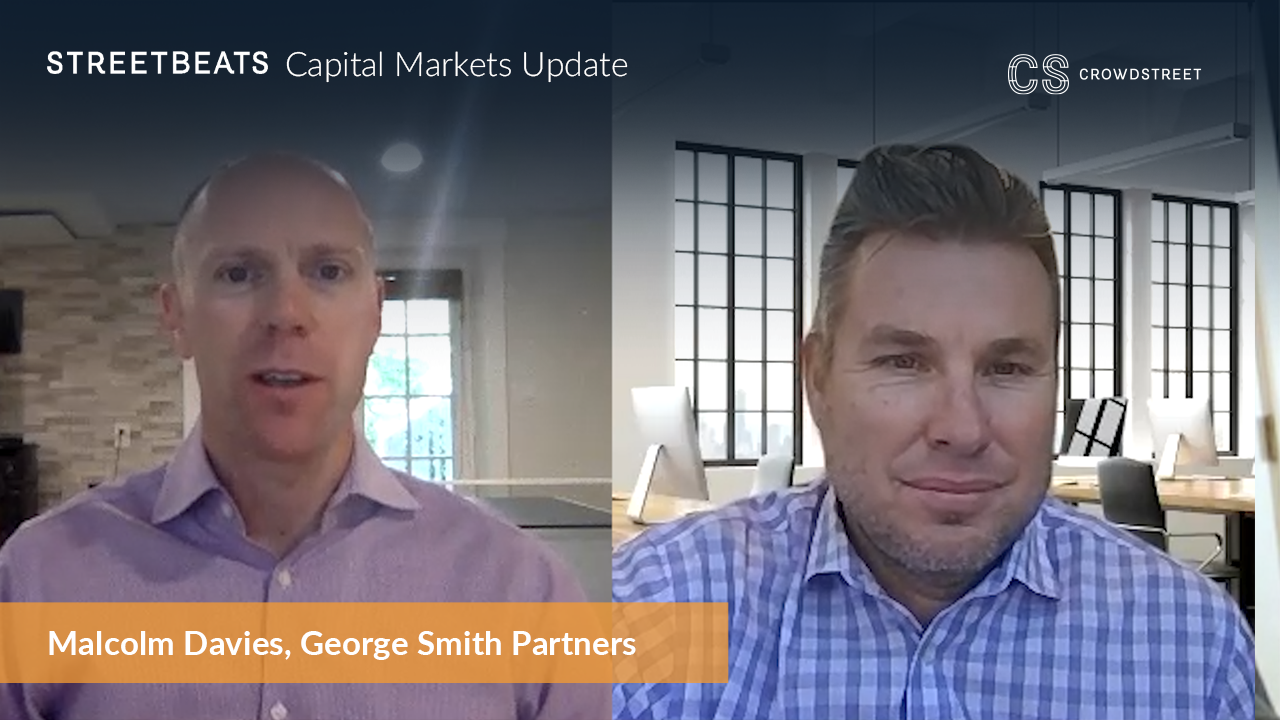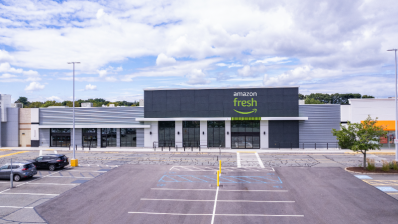
Crowd Street's Ian Formigle is joined by Malcolm Davies to talk about what's happening in the capital markets: many retailers, including brands like Starbucks and Chipotle, are asking for rent relief, the future of office space, and how banks are pricing loans.
